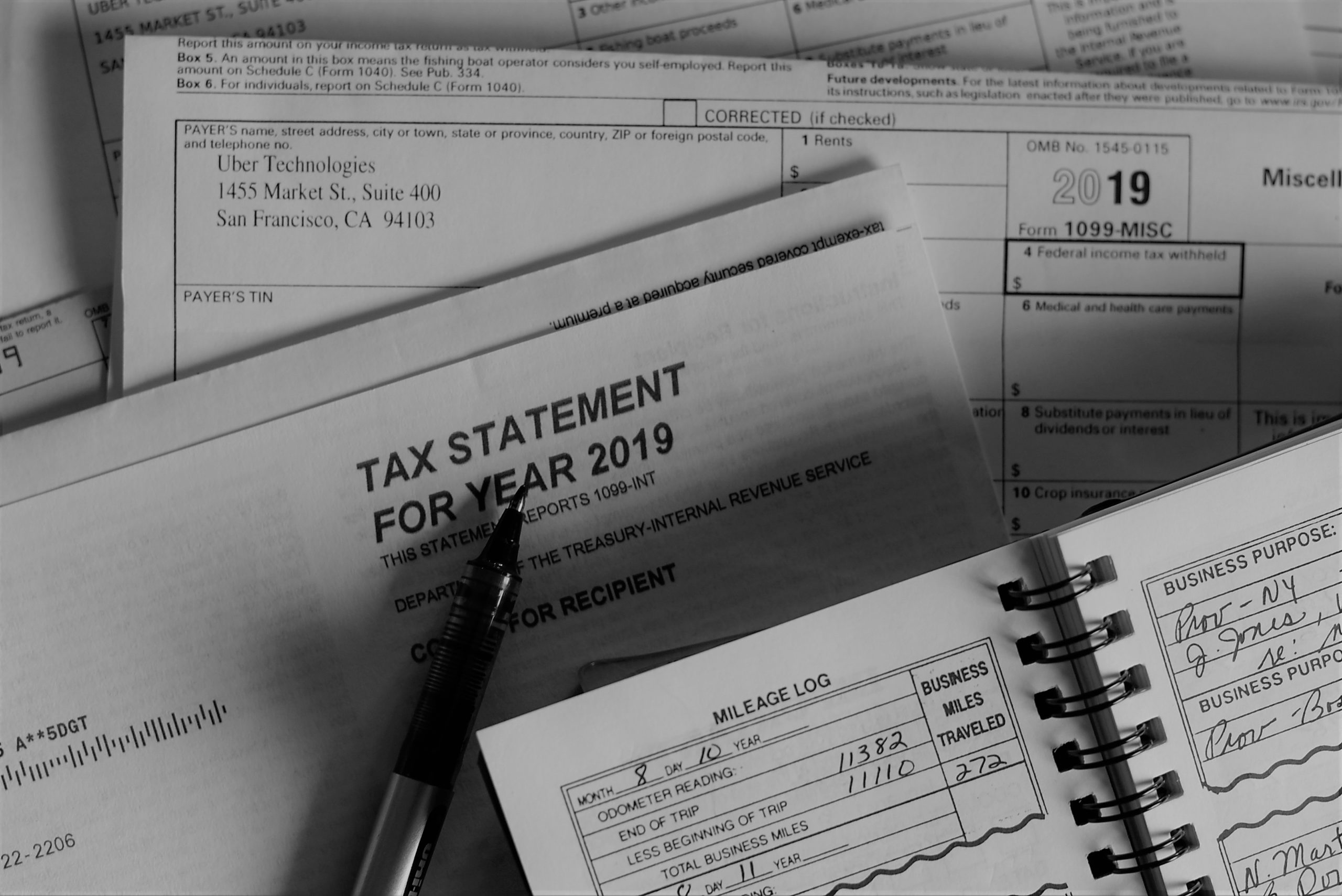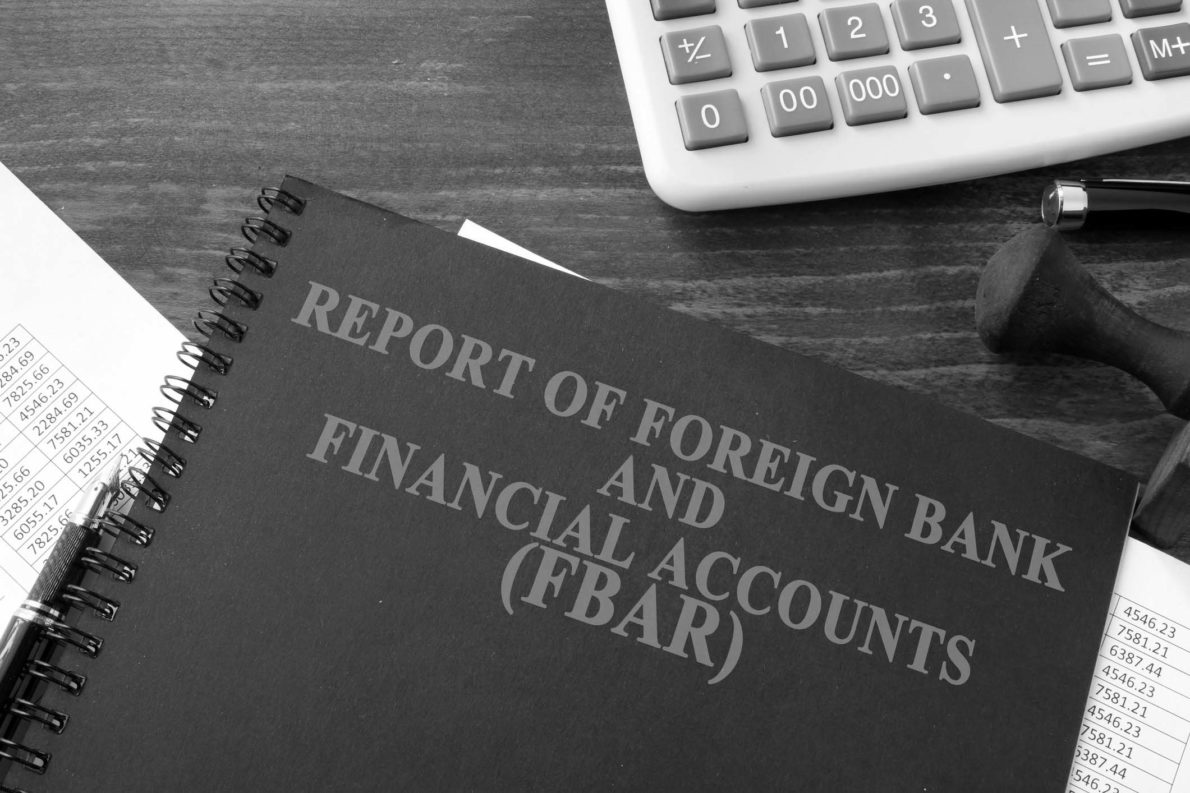Revenue Ruling 2018-29 Addresses Real Estate Investment in Qualified Opportunity Zones
On October 19, 2018, the IRS released Revenue Ruling 2018-29, an eagerly awaited ruling addressing real estate investment in Qualified Opportunity Zones (“QOZs”). In brief, the Revenue Ruling holds that, for purposes of measuring whether a real estate investment is “substantially improved” so that it will qualify as “QOZ business property” and therefore will qualify for favorable tax deferral rules, the taxpayer uses his or her adjusted basis in the building as the measure and ignores his or her basis in the land.
The 2017 Tax Cuts and Jobs Act created an Opportunity Zone Program to encourage investments in economically distressed areas. Taxpayers who invest realized gains in Qualified Opportunity Funds (“QOFs”) (1) get to defer recognition of the gain (until the earlier of the date of sale of the QOF investment or December 31, 2026), (2) get a step-up in basis up to 15% (if the QOF interest is held for five to seven years), and (3) may exclude all of the gain due to the new QOF investment if they hold the investment for 10 years.
A QOF must hold at least 90% of its assets in “QOZ property.” For real estate investors, the investment generally must be QOZ business property, which is tangible property (including real estate) used in a trade or business that is purchased after December 31, 2017, and either the original use of the property began with the QOF, or the QOF “substantially improves the property.” Property is treated as substantially improved if, within 30 months of acquisition, the additions to the tax basis of the property exceed the original basis at the beginning of the 30 month period. In other words, if the investor makes improvements to the property that doubles its basis, then the property will qualify as “substantially improved.”
The statute is complicated and there have been a number of questions about the details of how to implement the QOZ rules. The IRS has issued proposed regulations and will issue more. Nonetheless, the Revenue Ruling is taxpayer-friendly and helpful because it makes clear that one ignores basis in land and uses only basis in the building in order to determine whether the QOZ property is substantially improved and thus qualifies for tax benefits.
As the law continues to evolve on these matters, please note that this article is current as of date and time of publication and may not reflect subsequent developments. The content and interpretation of the issues addressed herein is subject to change. Cole Schotz P.C. disclaims any and all liability with respect to actions taken or not taken based on any or all of the contents of this publication to the fullest extent permitted by law. This is for general informational purposes and does not constitute legal advice or create an attorney-client relationship. Do not act or refrain from acting upon the information contained in this publication without obtaining legal, financial and tax advice. For further information, please do not hesitate to reach out to your firm contact or to any of the attorneys listed in this publication.
Join Our Mailing List
Stay up to date with the latest insights, events, and more






